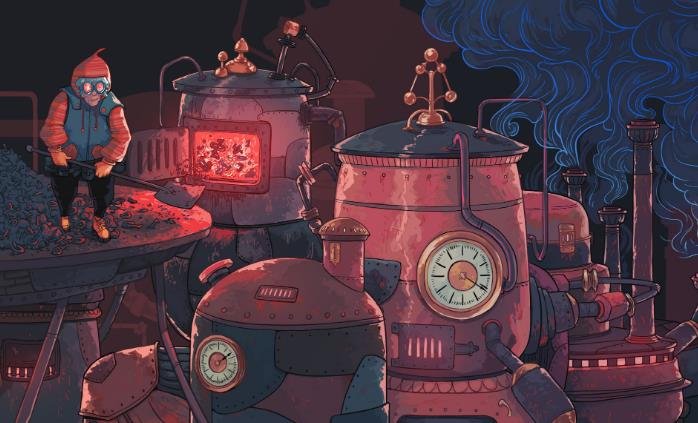Scientists have developed a novel engine that uses quantum mechanics to generate power without burning fuel. This breakthrough could pave the way for more efficient and sustainable quantum technologies.
Unlike conventional engines that rely on heat and combustion, quantum engines use the special properties of particles at very small scales. All particles in nature can be classified as either bosons or fermions, based on their quantum characteristics. At very low temperatures, where quantum effects become important, bosons have a lower energy state than fermions, and this energy difference can be used to power an engine.
The quantum engine works by changing bosons into fermions and back again. To do this, the scientists use a technique called photoassociation, which involves using laser light to create and break molecular bonds between atoms. By doing this cyclically, the engine can compress and decompress a gas of particles, producing work without using heat.

The Advantages of Quantum Engines
The quantum engine has several advantages over classical engines. First, it does not require any fuel or emit any greenhouse gases, making it more environmentally friendly and cost-effective. Second, it has a high efficiency of up to 25%, which is comparable to some of the best classical engines. Third, it can operate in the quantum regime, where new phenomena such as superposition and entanglement can be exploited for enhanced performance and functionality.
The quantum engine could also have applications in various fields of quantum technologies, such as computing, communication, and metrology. For example, it could be used to power quantum computers or sensors that require low temperatures and high precision.
The Challenges of Quantum Engines
Despite the promising results, the quantum engine still faces some challenges before it can be widely used. One of the main challenges is scalability, as the current experimental setup can only produce a small amount of power. The scientists are working on improving the design and materials of the engine to increase its output and reliability.
Another challenge is compatibility, as the quantum engine needs to be integrated with other quantum devices and systems. The scientists are exploring different ways to connect the engine with quantum circuits or networks that can process and transmit information.
The Future of Quantum Engines
The quantum engine is a remarkable achievement that demonstrates the potential of quantum mechanics to revolutionize energy production and consumption. The scientists hope that their work will inspire more research and innovation in the field of quantum technologies.
They also envision that one day, quantum engines could power not only quantum devices, but also everyday objects such as cars or homes. As Prof. Thomas Busch, leader of the Quantum Systems Unit at OIST, said: “We are very excited about this new way of thinking about engines. Maybe in the future we will see quantum mechanics powering our lives.”
